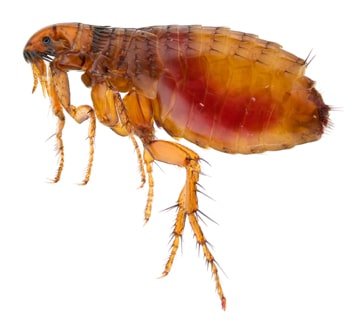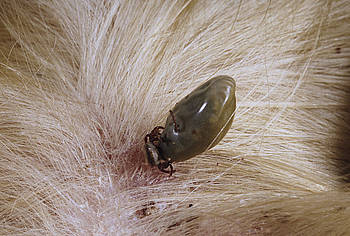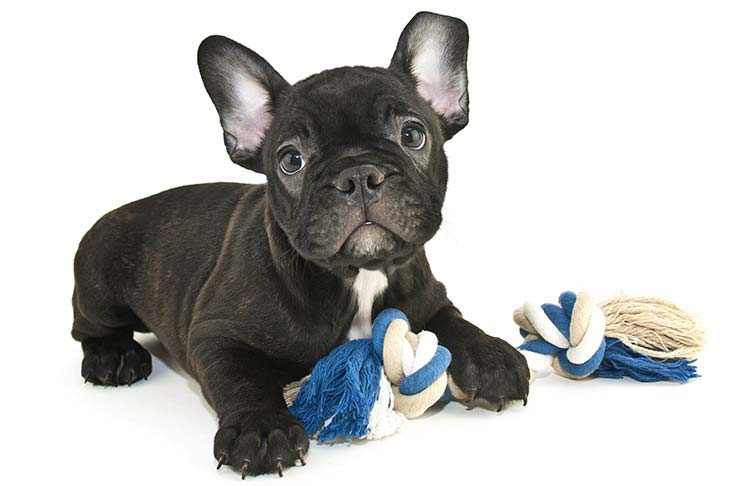The complete French bulldog puppy guide Everything you need to know if you are going or have purchased a French bulldog puppy.
Have you purchased a French bulldog puppy (or will you buy one)? A super decision, but there are many things that you will have to prepare and that you will have to take into account.
Part 5 – Health
If you have not read PART 1 yet, click here
If you have not read PART 2 yet, click here
If you have not read PART 3 yet, click here
If you have not read PART 4 yet, click here
Once you bring your French Bulldog puppy home, it is recommended that you visit your vet with the puppy. This way, the puppy can get used to the vet without a negative experience. Your veterinarian will confirm the health of the puppy.
Your puppy may experience some diarrhea for the first few days. Usually, this is due to stress from the new environment. Give enough rest but if that diarrhea should persist or become more severe, then definitely go to your vet.
If you take your puppy out on the street and get out among people, keep the following in mind:
- Don’t let your puppy drink from trays that other dogs drink from.
- Don’t let your puppy drink from puddles of water.
- Don’t let your puppy go on grass or other places where there is a lot of excrement and urine from other dogs.
- Do not let your puppy play with adult dogs that you do not know.
Vaccinations
It is best to have your dog vaccinated annually.
If you intend to take your dog abroad, we recommend that you have your dog vaccinated against rabies. In many countries, this is mandatory. Ask your veterinarian for advice in time!
Deworming
Regular deworming is necessary for the good health and development of your dog. But it is at least as important for your own health because some dog worms can also affect children and adults and are responsible for diseases that are difficult to detect …
A good deworming agent must work against both the roundworm and the tapeworm. It is often important to alternate when using a worming agent !!!
Fleas and Ticks
You can treat your dog preventively (especially in the summer period) against fleas and ticks, but always ask your vet for advice.
Fleas

Flea bites cause an allergic reaction in many dogs. the skin gets irritated, and they get itchy, causing your dog to bite, scratch, and scrape violently. Fleas can also transmit tapeworms …
It is very important to fight fleas not only on the dog but also in its environment.
Control on your French Bulldog:
- drops for in the neck and through the food
- flea belts
- long-acting sprays
- flea powders
Control of the environment:
- sprays (preferably choose a spray that kills both adult fleas and larvae)
Ticks

Are small, arachnid parasites. They feed on the blood of the animal or human they are attached to. A tick looks like a small, gray leather bag with eight legs. When he has sucked himself in, he can be five to ten times as tall and darker in color.
Your dog can fall victim to thickets, forests, or long grass. Ticks not only cause irritation by sucking blood but can also transmit a number of nasty diseases.
Check your Frenchie regularly, especially if they walk in the forest, undergrowth, or even in your backyard.
Removing a tick is easy with a pair of tweezers. Grab the tick close to the skin, and pull the tick out. make sure the cup does not stay in place. Then disinfect the place where the tick has been so that the wound does not irritate.
Taking good care of your French Bulldog puppy
Shivering
Your French Bulldog is less delicate than you might think, but they don’t like the cold, so a jacket or sweater for outside during the winter is no superfluous luxury. This breed is certainly not suitable for keeping outside.
A French Bulldog has a tendency to shiver. Don’t be scared by bystanders who feel pity because they think your dog is scared or freezing cold.
Reverse sneezing
This is the sudden occurrence of highly forced inhalation movements through the nose that causes a snoring sound. Breathing in is as fast as sneezing and is therefore referred to as sneezing. You can recognize this by a swirling or snoring sound. It usually occurs when the dog is excited, but sometimes also after eating or drinking, running, or pulling on the leash.
A typical attack lasts a few seconds, but some Frenchies suffer from it for a few minutes and usually a few times a day. The first time my Frenchie did that, I was scared to death; I thought she was choking. Luckily, it’s not as bad as it seems.
This was PART 5. In PART 6 (the last part), we are going to talk about the food for your cute French bulldog puppy.
